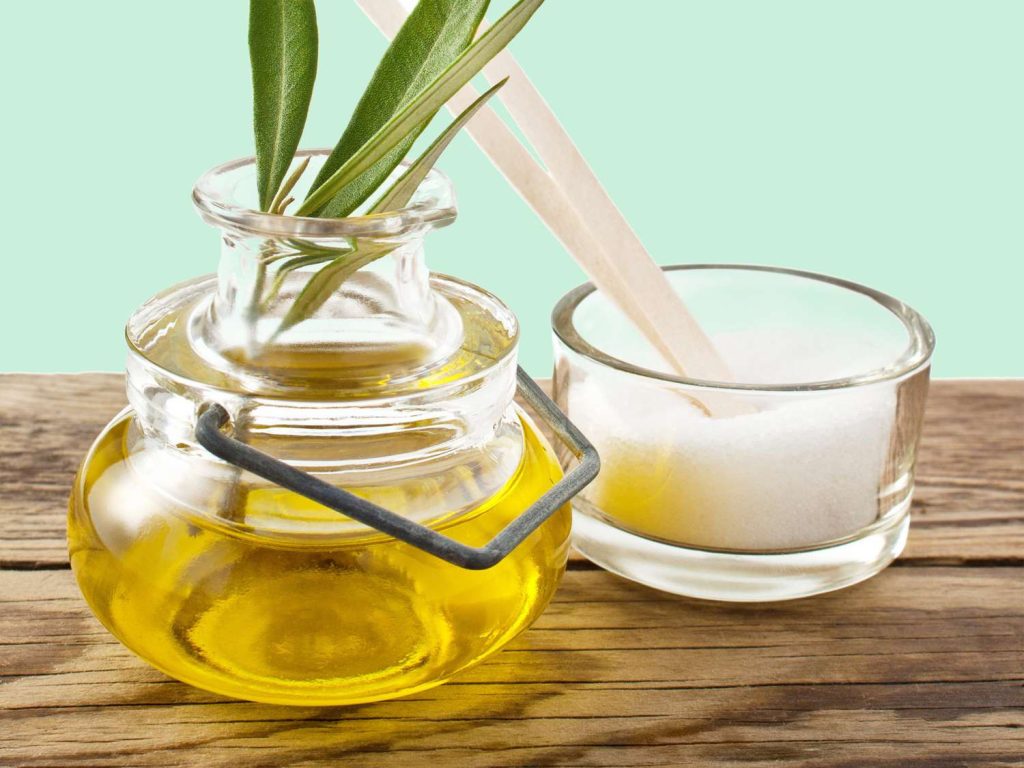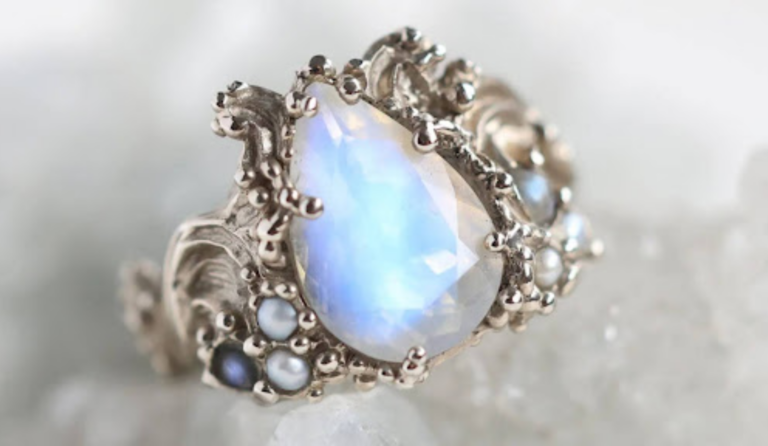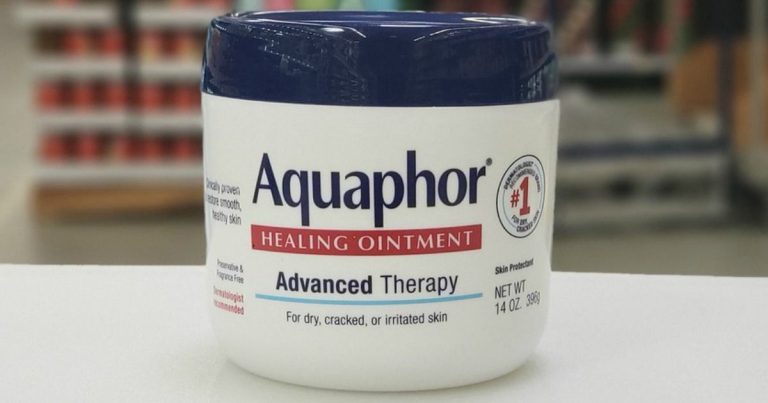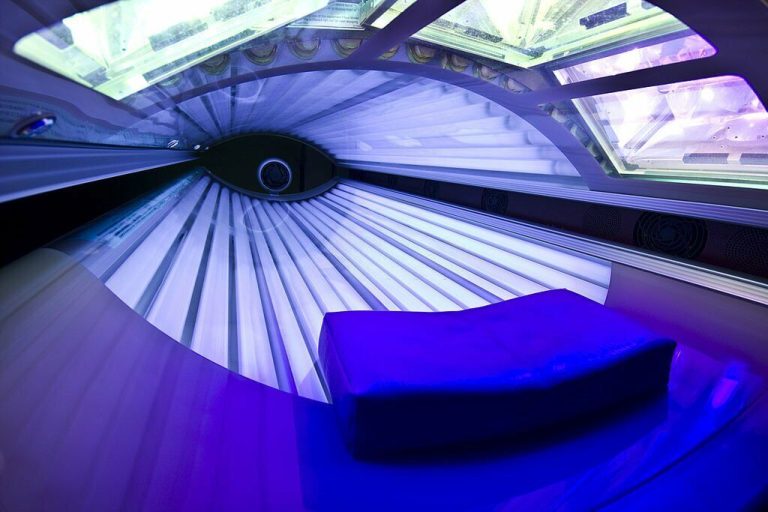Does Olive Oil Clog Pores? Here’s What You Should Know
As a skincare enthusiast, I’m always curious about how different ingredients may affect my skin. Olive oil is a common kitchen staple known for its numerous health benefits. But when it comes to skincare, many wonder: does olive oil clog pores?
In this skincare guide, I have explained what it really means when pores get clogged, examine olive oil’s comedogenic rating, discuss the benefits and side effects of using olive oil on skin, and ultimately determine whether olive oil does indeed clog pores.
What Do Clogged Pores Mean for Your Skin?
Contents
- What Do Clogged Pores Mean for Your Skin?
- Is Olive Oil Comedogenic?
- What Does Non-Comedogenic Really Mean?
- The Comedogenic Rating Scale
- What Is Olive Oil?
- What Are The Benefits Of Using Olive Oil On Your Skin?
- What Are Potential Side Effects of Using Olive Oil?
- The Bottom Line: Does Olive Oil Clog Pores?
- Frequently Asked Questions
When pores get clogged, it prevents sebum (oil) from flowing freely out of the pore. This causes a buildup of oil, dead skin cells, and bacteria inside the pore. Clogged pores can lead to various skin concerns like:
- Oily skin – Excess oil gets trapped, creating a greasy shine.
- Acne-prone skin – Bacteria growth can lead to inflammatory acne breakouts.
- Skin irritation – Clogged pores stretch the pore walls, causing redness and inflammation.
- Blackheads and whiteheads – Oxidization of trapped oil and dead skin cells leads to darkened bumps on the skin’s surface.
As you can see, clogged pores can wreak havoc on your complexion. So it’s understandable to be cautious about using pore-clogging ingredients.
Is Olive Oil Comedogenic?
When researching skincare ingredients, you may come across the term “comedogenic.” This refers to a substance’s likelihood of clogging pores. The opposite – “non-comedogenic” – means it doesn’t clog pores.
Olive oil has a comedogenic rating of 2 on a scale of 0 to 5. This means it has a moderately low chance of clogging pores.
While olive oil isn’t completely non-comedogenic, its relatively low rating means it’s generally safe for most skin types. However, those with very oily or acne-prone skin should exercise some caution with olive oil.

What Does Non-Comedogenic Really Mean?
When a skincare product claims to be “non-comedogenic,” it means the formula is designed not to clog pores and cause acne breakouts. Non-comedogenic products are ideal for people with sensitive or acne-prone skin.
Non-comedogenic products are formulated with light, gentle ingredients that don’t smother pores. Using non-comedogenic skincare can provide benefits like:
- Hydration without oiliness – Hydrates skin without leaving a greasy film.
- Sun protection – Many provide broad spectrum UVA/UVB protection.
- Oil control – Helps regulate excess sebum production.
- Clear skin – Prevents breakouts by not clogging pores.
The Comedogenic Rating Scale
The comedogenic scale is commonly used to rate ingredients based on their likelihood of clogging pores:
- 0 – Does not clog pores
- 1 – Low chance of clogging pores
- 2 – Moderately low chance of clogging pores
- 3 – Moderate chance of clogging pores
- 4 – Relatively high chance of clogging pores
- 5 – High chance of clogging pores
As mentioned earlier, olive oil has a comedogenic rating of 2. This indicates it has a moderately low risk of clogging pores for most people. However, those with very oily or breakout-prone skin should use it with caution, or try patch testing first.

What Is Olive Oil?
Olive oil is a plant-based oil extracted from olives. It’s commonly used for cooking, medicine, and skincare. Olive oil contains antioxidants like vitamins E and K. It also contains anti-inflammatory compounds and healthy monounsaturated fats.
Thanks to its versatile nutritional profile, olive oil is considered one of the healthiest fats. It’s a kitchen staple in cultures around the Mediterranean sea where olive trees are plentiful.
What Are The Benefits Of Using Olive Oil On Your Skin?
Olive oil offers several benefits when applied topically on skin:
- Moisturizes and nourishes – Olive oil contains fatty acids that help lock moisture into the skin. This helps hydrate, smooth, and soften the skin.
- Soothes inflammation – The antioxidants in olive oil help calm inflammation. This makes it suitable for sensitive skin and conditions like eczema.
- Anti-aging – Olive oil contains antioxidants that may help reduce the appearance of wrinkles and fine lines. It also supports collagen production.
- Skin protection – As an antioxidant, olive oil may help protect skin from sun damage and environmental stressors. It also contains vitamin E for extra antioxidant power.
What Are Potential Side Effects of Using Olive Oil?
For most people, olive oil is safe to use on skin. However, there are some potential side effects to watch out for:
- Irritation – While rare, olive oil may cause minor skin irritation or allergic reactions in those with sensitivity. It’s best to patch test first.
- Comedogenic effects – Olive oil has a rating of 2 on the comedogenic scale, meaning it has a small risk of clogging pores for those prone to acne breakouts.
- May worsen skin conditions – One study found that olive oil worsened symptoms of atopic dermatitis. Check with your dermatologist before trying olive oil if you have problem skin.
The Bottom Line: Does Olive Oil Clog Pores?
So does olive oil clog pores? While olive oil isn’t completely non-comedogenic, it has a moderately low comedogenic rating of 2. This means it has a relatively low risk of clogging pores for most skin types.
However, those with very oily or acne-prone skin should exercise some caution with olive oil, as they may be more prone to breakouts from comedogenic ingredients. It’s best to start slowly and patch test first.
Overall, olive oil offers several benefits for skin health and is generally well-tolerated. But comedogenic effects will vary based on your unique skin type and sensitivity.
Frequently Asked Questions
Is olive oil good for oily skin?
Olive oil can potentially help control excess oil production thanks to its linoleic acid content. However, those with very oily skin should use it cautiously and opt for lighter, gel-based moisturizers to avoid clogged pores.
Can I use olive oil as a moisturizer?
Yes, olive oil’s fatty acids make it an effective moisturizer for most skin types. Focus on using it at night and always patch test before applying it all over your face.
What oil is best for clogged pores?
Tea tree oil and grapeseed oil are two of the most non-comedogenic oils recommended for clogged pores. Always dilute essential oils like tea tree before applying them to skin.
When it comes to your skincare routine, it’s important to understand how certain ingredients may affect your individual skin type. While olive oil has a relatively low risk of clogging pores, proceed with patch testing if you have acne-prone or oily skin. Pay attention to how your skin reacts!

Founded by Sophia Rodriguez, IGXO Cosmetics is a PETA-certified, cruelty-free, and vegan makeup brand.





